Adult soft drinks are changing. They're healthier, more exotic and with stylish packaging and marketing, many are becoming credible alternatives to alcohol
Forget wine buffs and their mystifying babble about bouquet, biodynamism and bâtonnage. Today's ethically minded, ultra health-conscious society has spawned a new breed of consumer: the soft drinks connoisseur.
Adults are now just as concerned with the heritage, provenance, quality and health-enhancing benefits of the ingredients in their drinks as they are in their food, and manufacturers are working hard to reformulate products and launch new variants to meet these desires.
Increasingly sophisticated tastes have also led to the creation of more complex flavour combinations and packaging designs that make them a socially acceptable - even desirable - alternative to alcohol. And adults are increasingly drinking them at home, as recent measures such as the smoking ban take effect.
All this is great news for the industry, given the premium prices that many of these products command. Brands such as Bottlegreen, Amé and Shloer have continued to perform admirably over the course of this year - driven by innovative new flavour mixes and impactful marketing campaigns.
Bottlegreen relaunched and extended its range of 750ml sparkling pressés and added a still elderflower drink to its portfolio, while Shloer embarked on a complete overhaul to give the brand a more contemporary look.
AG Barr played the heritage card this year when it relaunched its iconic Irn Bru brand with an updated design to better reflect its 106-year history and brand values. The company has also signed a three-year sponsorship deal with the Scottish Football League.
The past year has also seen a number of well-known companies reformulate their brands with new low-sugar, additive-free alternatives in line with the consumer demand for healthier products.
Schweppes entered the fray in May when it launched its new sparkling Straightcut range. The drinks, aimed at 30-something adults, contain real fruit and no artificial colours. The company has also recently launched a new Winter Blend lemonade with an adult bitters and zesty lime flavour in 1.5ltr bottles.
Meanwhile, Britvic launched a marketing campaign to raise awareness of its new and improved Tango range - now with no artificial colours or flavourings as part of a £2m investment in the brand. Ads centred on the idea that Tango had been to rehab and come out clean.
"An increased awareness of health issues has had a major impact on the adult soft drinks category of late," says Britvic sales and marketing manager Andrew Richards. "This trend will continue to shape the market in both the short and long term, boosting the popularity of drinks with juice content and those with more natural ingredients."
The Britvic soft drinks report claims that almost two out of three people admit to having changed their drinks buying behaviour in order to be more healthy.
Another brand to have scrubbed up this year is Vimto. It introduced a variety of no-added sugar variants in both its fizzy and cordial lines.
Lipton Green Ice Tea, which contains no artificial colours, preservatives or sweeteners, launched a new Green Tea variant this year which contains bag-loads of health-enhancing flavanoid antioxidants.
Low-sugar and low-calorie products such as Diet Coke, Coke Zero and Pepsi Max have also continued to perform admirably over the past 12 months. Coke Zero in particular was hailed as a rip-roaring success earlier this year when it was named as the most successful new food and beverage launch in the past three years by AC Nielsen.
Forget wine buffs and their mystifying babble about bouquet, biodynamism and bâtonnage. Today's ethically minded, ultra health-conscious society has spawned a new breed of consumer: the soft drinks connoisseur.
Adults are now just as concerned with the heritage, provenance, quality and health-enhancing benefits of the ingredients in their drinks as they are in their food, and manufacturers are working hard to reformulate products and launch new variants to meet these desires.
Increasingly sophisticated tastes have also led to the creation of more complex flavour combinations and packaging designs that make them a socially acceptable - even desirable - alternative to alcohol. And adults are increasingly drinking them at home, as recent measures such as the smoking ban take effect.
All this is great news for the industry, given the premium prices that many of these products command. Brands such as Bottlegreen, Amé and Shloer have continued to perform admirably over the course of this year - driven by innovative new flavour mixes and impactful marketing campaigns.
Bottlegreen relaunched and extended its range of 750ml sparkling pressés and added a still elderflower drink to its portfolio, while Shloer embarked on a complete overhaul to give the brand a more contemporary look.
AG Barr played the heritage card this year when it relaunched its iconic Irn Bru brand with an updated design to better reflect its 106-year history and brand values. The company has also signed a three-year sponsorship deal with the Scottish Football League.
The past year has also seen a number of well-known companies reformulate their brands with new low-sugar, additive-free alternatives in line with the consumer demand for healthier products.
Schweppes entered the fray in May when it launched its new sparkling Straightcut range. The drinks, aimed at 30-something adults, contain real fruit and no artificial colours. The company has also recently launched a new Winter Blend lemonade with an adult bitters and zesty lime flavour in 1.5ltr bottles.
Meanwhile, Britvic launched a marketing campaign to raise awareness of its new and improved Tango range - now with no artificial colours or flavourings as part of a £2m investment in the brand. Ads centred on the idea that Tango had been to rehab and come out clean.
"An increased awareness of health issues has had a major impact on the adult soft drinks category of late," says Britvic sales and marketing manager Andrew Richards. "This trend will continue to shape the market in both the short and long term, boosting the popularity of drinks with juice content and those with more natural ingredients."
The Britvic soft drinks report claims that almost two out of three people admit to having changed their drinks buying behaviour in order to be more healthy.
Another brand to have scrubbed up this year is Vimto. It introduced a variety of no-added sugar variants in both its fizzy and cordial lines.
Lipton Green Ice Tea, which contains no artificial colours, preservatives or sweeteners, launched a new Green Tea variant this year which contains bag-loads of health-enhancing flavanoid antioxidants.
Low-sugar and low-calorie products such as Diet Coke, Coke Zero and Pepsi Max have also continued to perform admirably over the past 12 months. Coke Zero in particular was hailed as a rip-roaring success earlier this year when it was named as the most successful new food and beverage launch in the past three years by AC Nielsen.


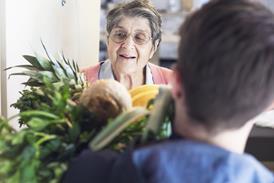
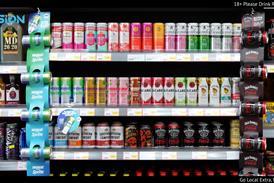
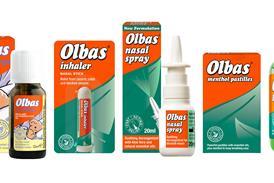



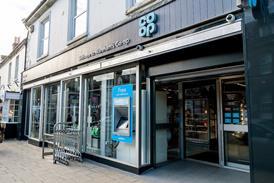
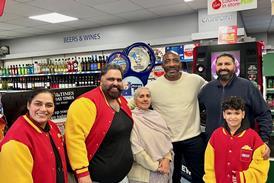
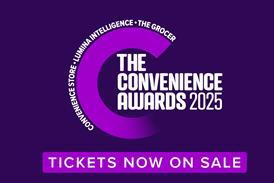
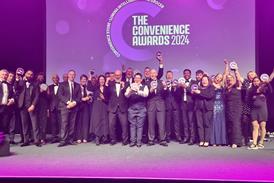
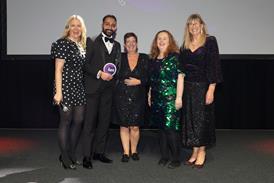








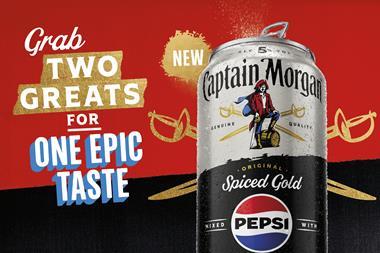

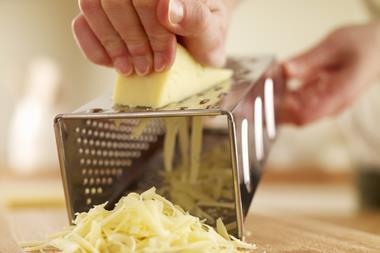
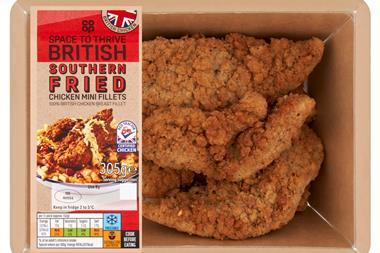

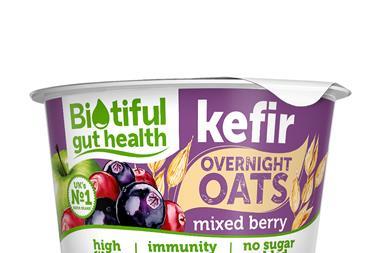
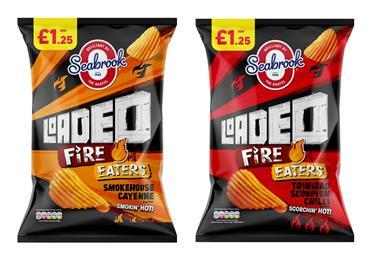
No comments yet